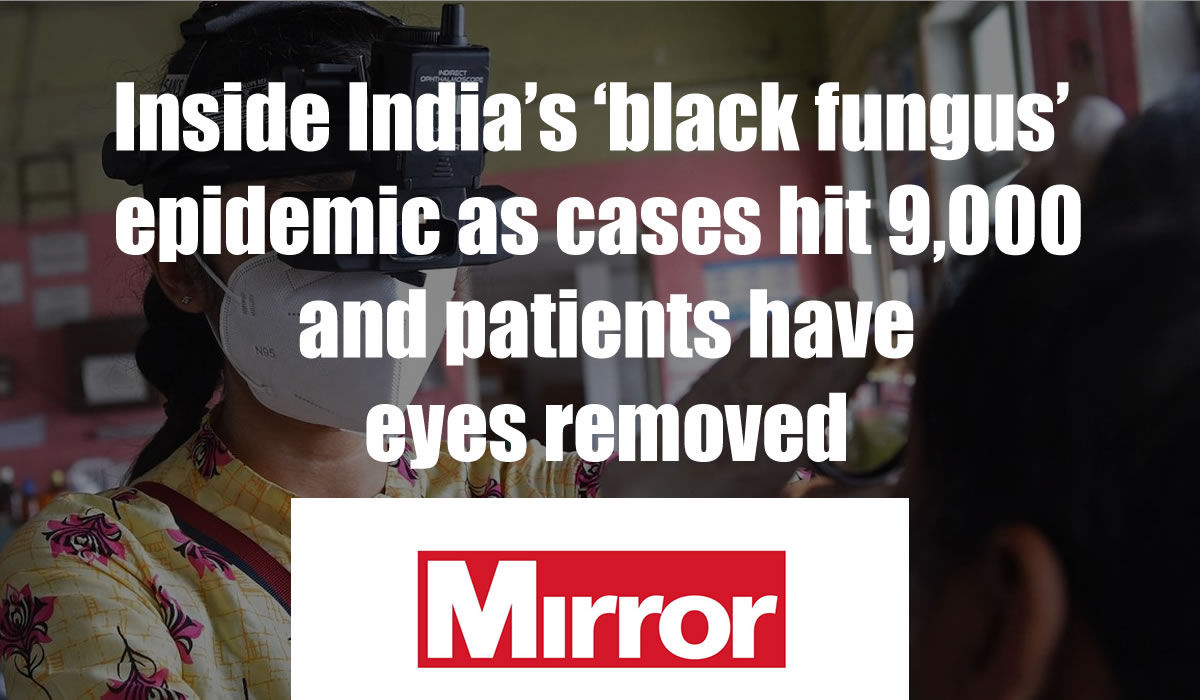
Home » News Articles

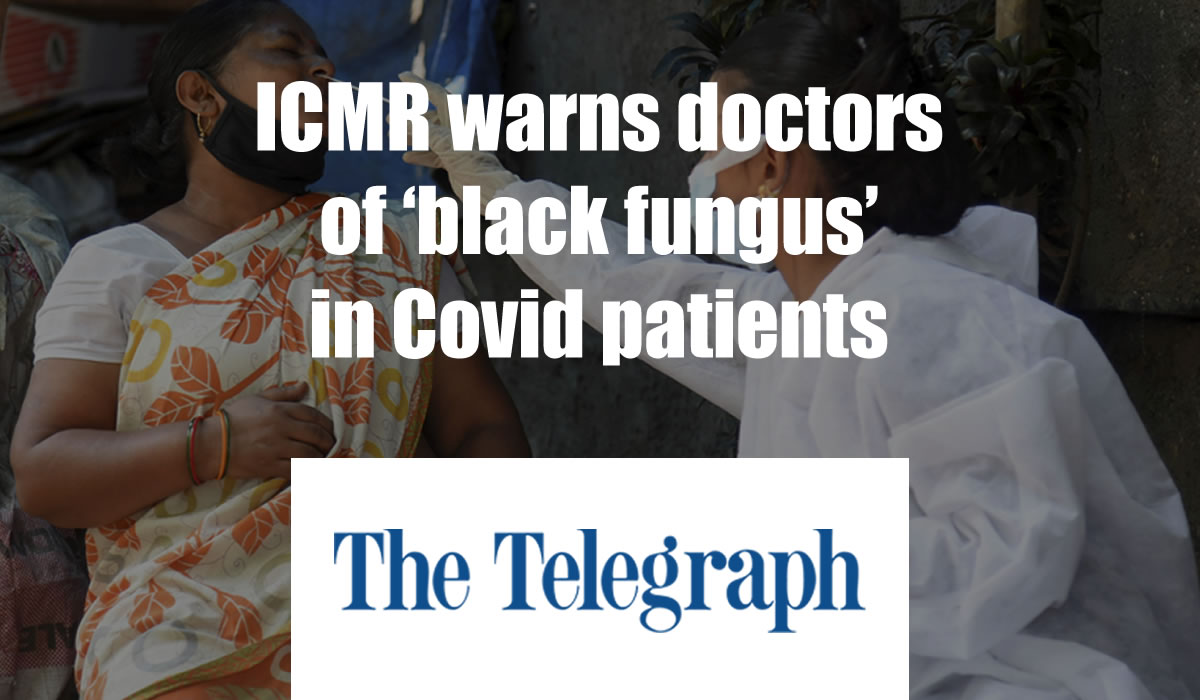
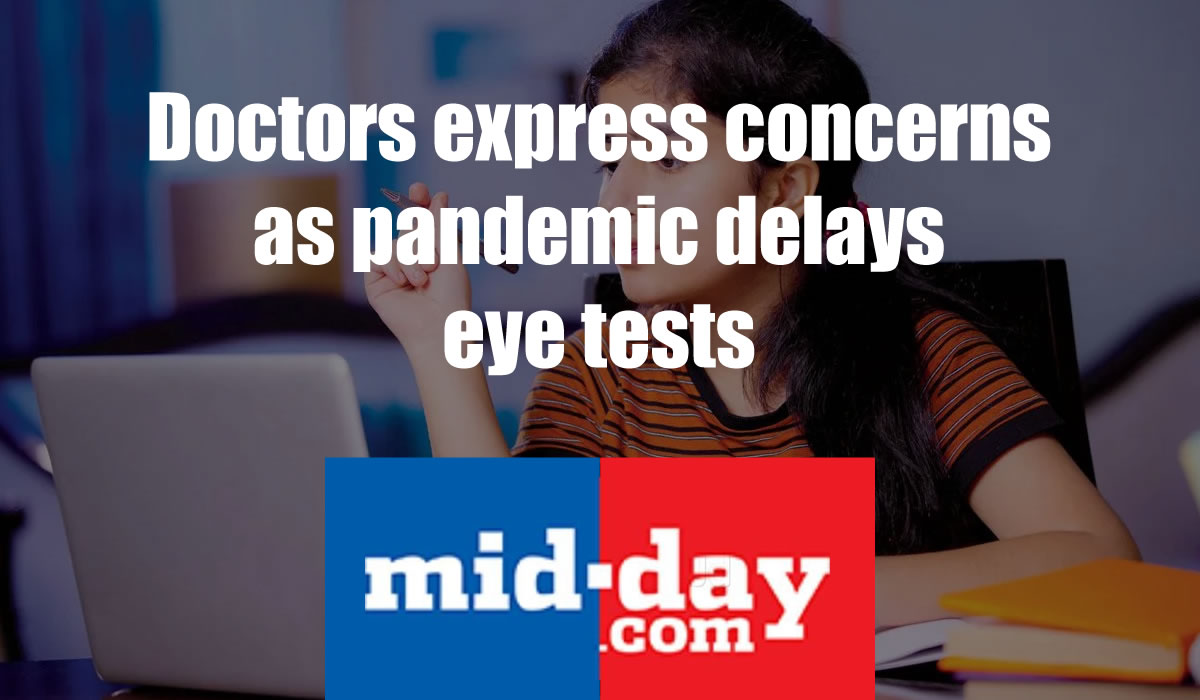

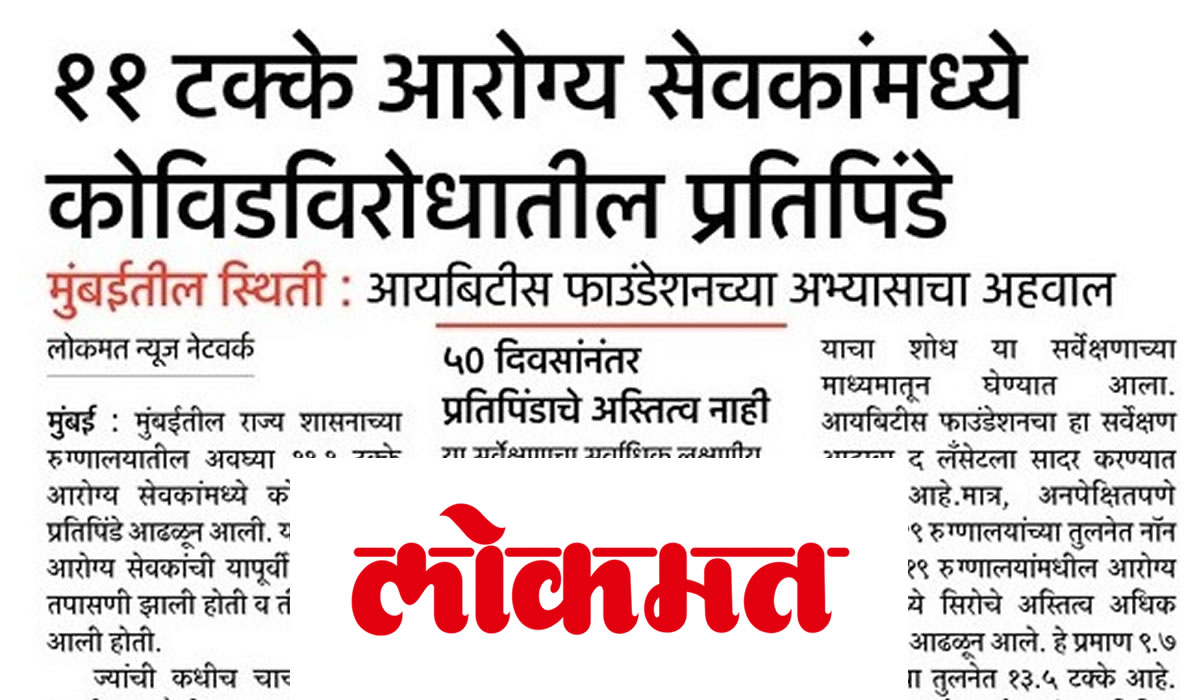
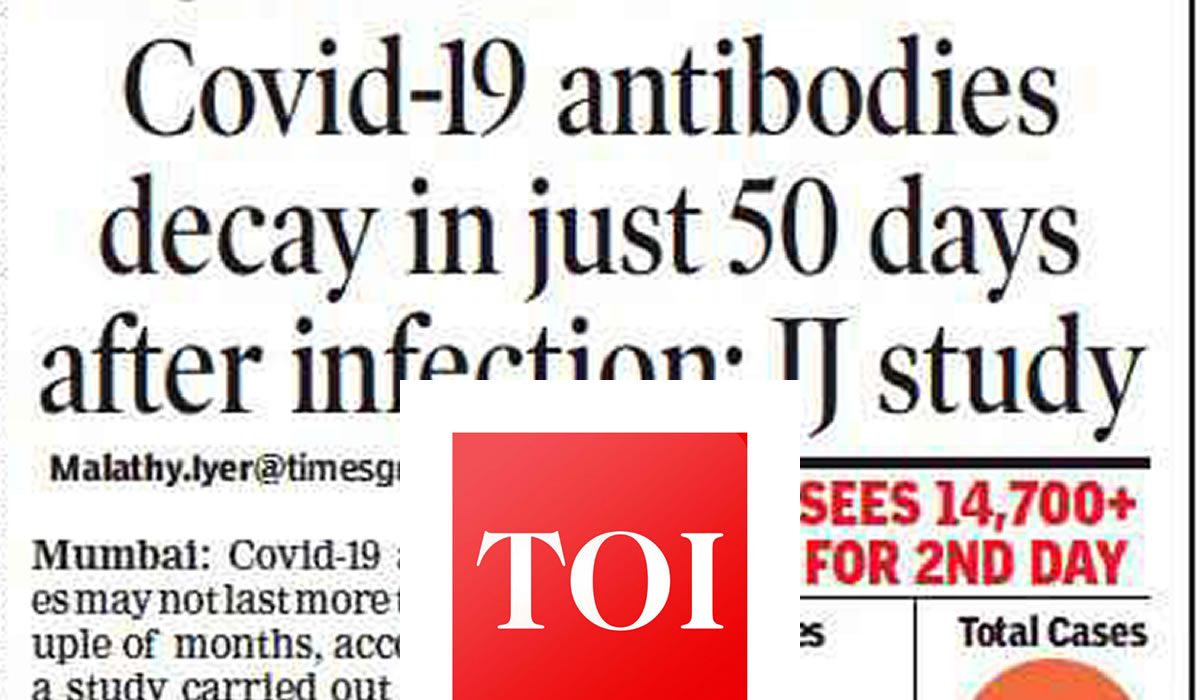
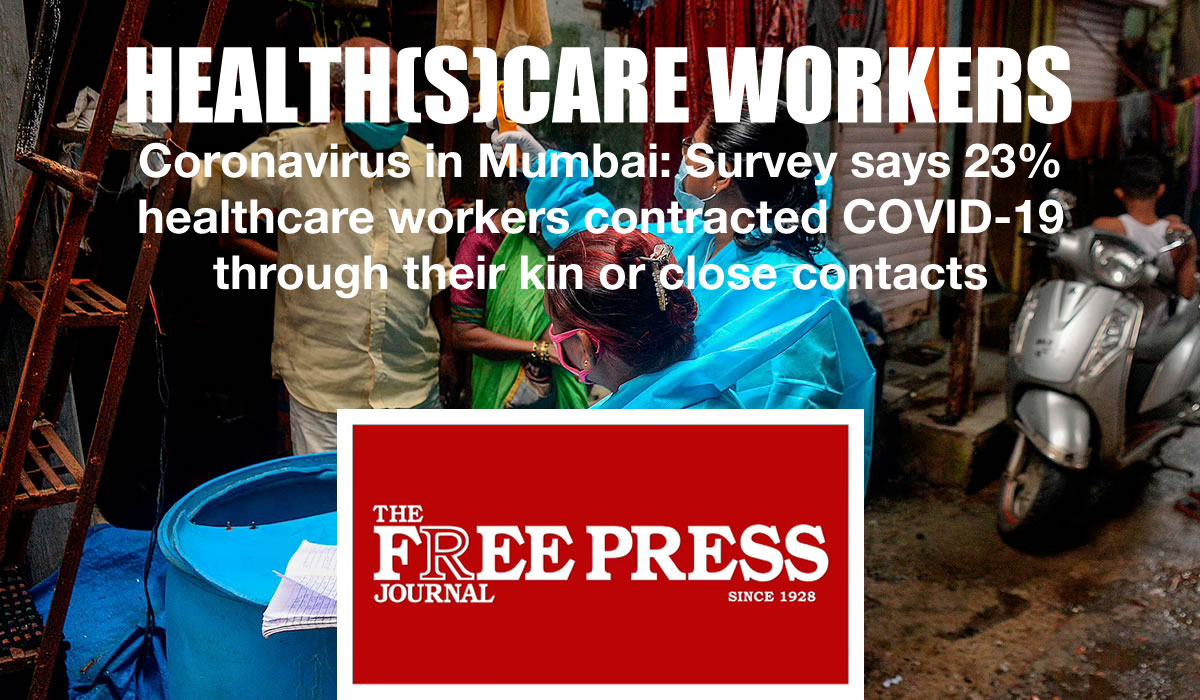
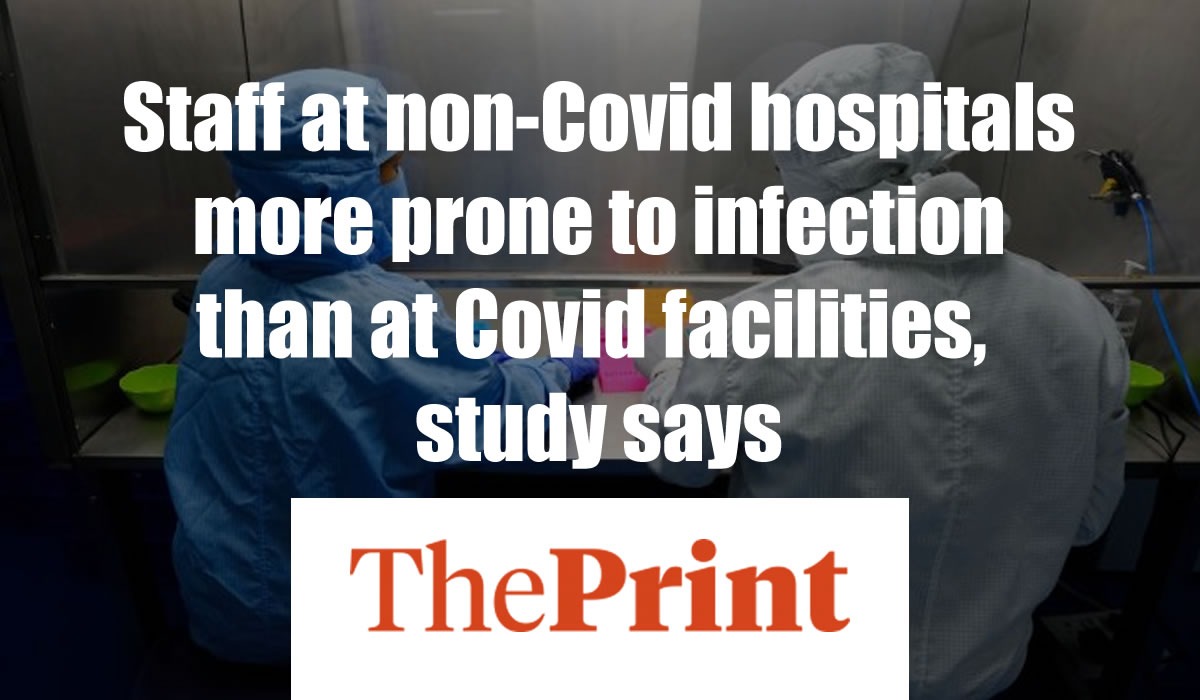
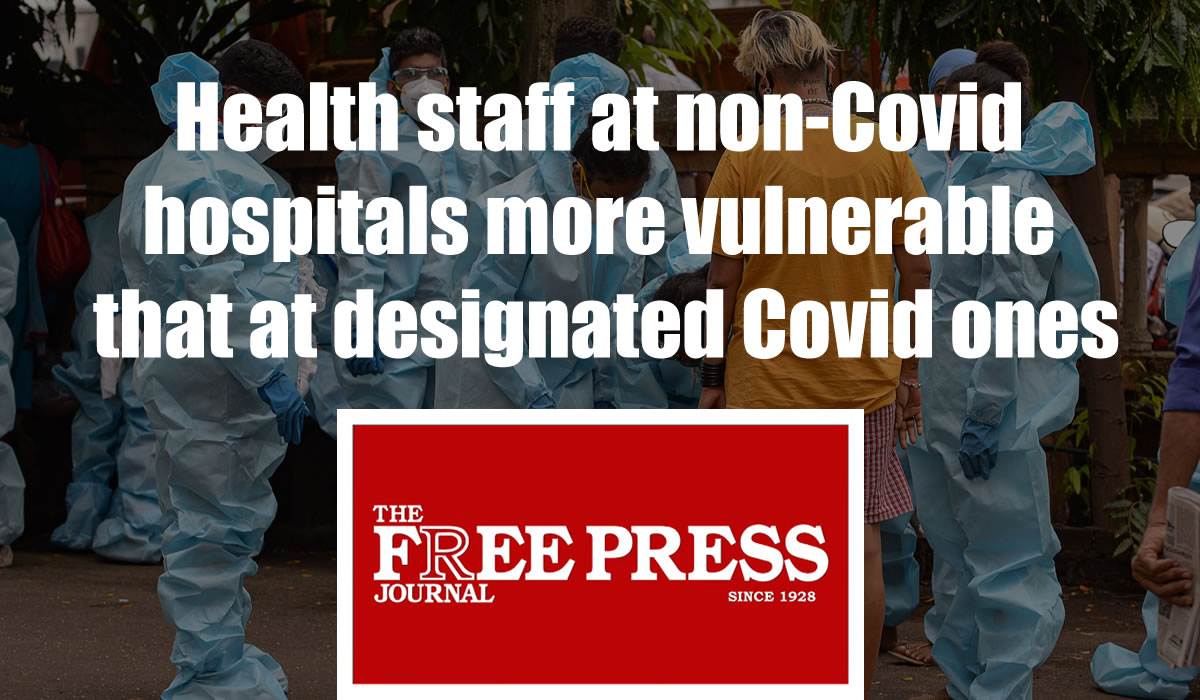
Eyebetes Foundation is an accredited charitable foundation with 80G, 12A and CSR-1 accreditation. Founded by Dr. Nishant Kumar, Dr. Shishir Kumar and Prof. Minakshi Kumar, in a short span of 5 years Eyebetes has become one of India’s largest charitable initiatives against diabetes and preventable blindness.
© 2016 - 2023 Eyebetes Foundation. All rights reserved.